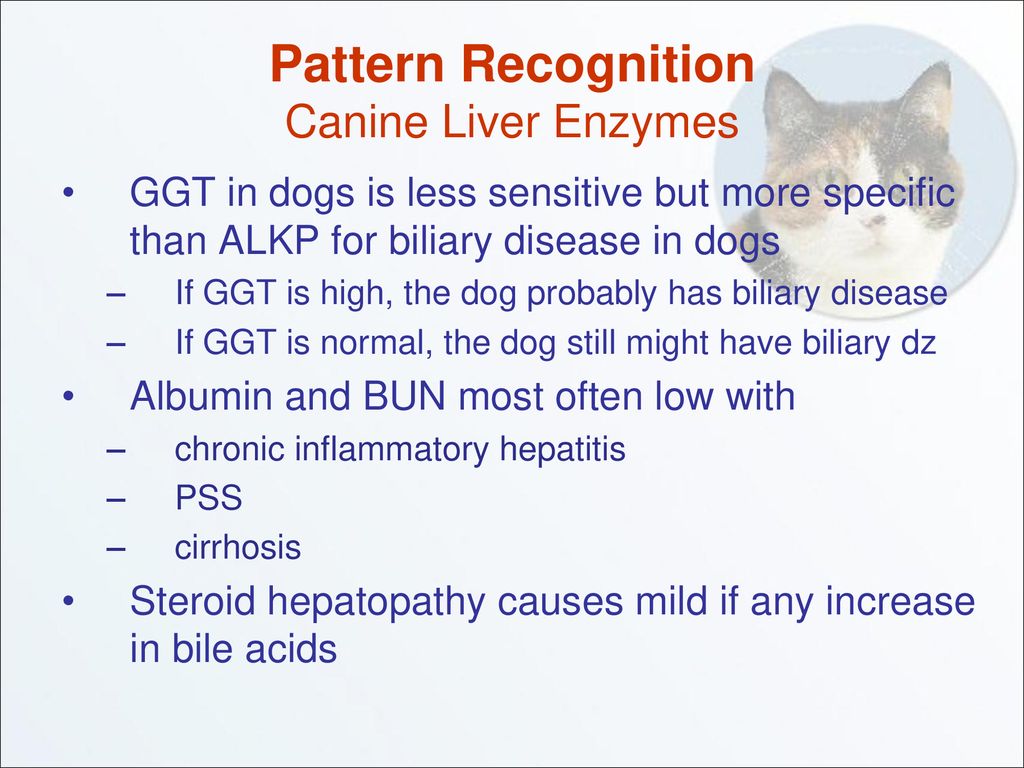Did your dog’s blood work reveal elevated ALKP levels, leaving you feeling worried? It’s understandable. Terms like “alkaline phosphatase” can be confusing. This guide simplifies everything about elevated ALKP in dogs—what it is, why it happens, and what you can do. While a high ALKP reading can be concerning, it’s often like a check engine light, signaling something needs attention rather than a serious problem itself. We’ll explore the possible causes, symptoms, and how vets diagnose and treat the underlying issue. Our goal is to empower you to partner effectively with your vet to give your dog the best care.
What is ALKP in Dogs?
Alkaline phosphatase (ALKP) is an enzyme essential for various bodily functions, primarily in the liver, bones, and intestines. Think of enzymes like tiny workers, facilitating chemical reactions. ALKP helps break down proteins and is involved in metabolic processes. A certain amount of ALKP is normal and necessary, but elevated levels may suggest an underlying health issue.
Understanding ALKP Levels
Normal ALKP levels in dogs typically range from 7 to 115 U/L (units per liter). However, factors like age, breed, and even the specific laboratory can influence these values. Puppies often have higher levels due to active bone growth. It’s crucial to interpret ALKP results in context with your dog’s overall health, which is why your veterinarian’s expertise is so important.
Why is My Dog’s ALKP Elevated?
Several factors can contribute to elevated ALKP in dogs. Some are relatively benign, while others may be more serious:
- Liver Disease: The liver is a primary source of ALKP. Liver problems, such as cholestasis (impaired bile flow), cirrhosis (scarring), or tumors, can significantly raise ALKP levels. Dive into the fascinating world of the thermocouple to understand a completely unrelated, yet equally intricate, system.
- Bone Disorders: ALKP plays a role in bone growth and remodeling. Conditions like Cushing’s disease (a hormonal imbalance), bone cancer, or hyperparathyroidism (affecting calcium regulation) can elevate ALKP.
- Intestinal Issues: Though less common, some intestinal diseases can also contribute to increased ALKP.
- Medications: Certain medications, particularly corticosteroids (like prednisone) and phenobarbital (an anticonvulsant), are known to increase ALKP as a side effect.
Recognizing Symptoms: Connecting the Dots
Elevated ALKP itself rarely causes direct symptoms. Instead, you’ll likely observe symptoms related to the underlying condition. These can vary widely:
- Liver-Related: Jaundice (yellowing of skin and gums), lethargy, decreased appetite, vomiting, increased thirst and urination, abdominal discomfort.
- Bone-Related: Lameness, swelling, pain, and sometimes fractures.
- Intestinal-Related: Diarrhea, vomiting, weight loss, changes in appetite.
- General: Lethargy and changes in behavior.
It’s important to note that some dogs with elevated ALKP may show no outward symptoms at all. Regular veterinary check-ups and bloodwork are essential for early detection.
Diagnosing Elevated ALKP: Unraveling the Mystery
If your dog’s bloodwork shows elevated ALKP, your vet will likely recommend further testing:
- Additional Blood Tests: These might include a liver enzyme panel, bile acid tests, and other specific tests to assess liver function and rule out other conditions.
- Imaging: X-rays or ultrasound can visualize internal organs, helping identify abnormalities in the liver, bones, or other areas.
- Biopsy: In some cases, a small tissue sample (biopsy) may be necessary for a definitive diagnosis, especially if a tumor or specific liver disease is suspected.
Treatment Options: Addressing the Root Cause
Treatment focuses on the underlying condition causing the elevated ALKP, not just lowering the number itself. This might involve:
- Medications: To manage liver disease, control Cushing’s disease, or address other underlying conditions.
- Dietary Changes: A special diet, often low-fat and high-protein, can be crucial for supporting liver health.
- Surgery: May be necessary for conditions like tumors or certain bone disorders.
- Supportive Care: This might include intravenous fluids for dehydration, pain medication, or other therapies to improve comfort and overall well-being.
When to Contact Your Veterinarian
Contact your vet immediately if your dog displays any symptoms listed above, especially jaundice, persistent vomiting, lethargy, or pain. Even if your dog seems fine, regular check-ups and bloodwork are essential for proactive health management.
Proactive Management and Monitoring
Regular veterinary visits and bloodwork are key to managing conditions that cause elevated ALKP. These check-ups allow your vet to monitor ALKP levels, assess treatment effectiveness, and adjust the plan as needed.
Breed-Specific Considerations
Some breeds are predisposed to conditions associated with elevated ALKP. For example, Bedlington Terriers are prone to copper storage disease, a genetic liver condition. Your vet can advise you on breed-specific risks and recommend appropriate screening tests.
Conclusion: Your Partner in Your Dog’s Health
Elevated ALKP in dogs can be concerning, but it’s often manageable. By understanding what ALKP is, recognizing potential symptoms, and working closely with your vet, you can help your dog receive the best possible care. Explore the precise representation of 1.5625 as a fraction for another example of demystifying complex information. Remember, knowledge empowers you to be your dog’s best advocate. Open communication with your vet and staying informed about ongoing research will ensure your dog gets the most up-to-date and effective treatment.
FAQ: Common Questions About ALKP in Dogs
Is high ALKP always serious? Not necessarily. It depends on the underlying cause. Mild elevations, especially in puppies, may not be significant, but further investigation is always warranted.
Can diet affect ALKP levels? Yes, especially in liver disease. A low-fat, high-protein diet can often benefit dogs with liver problems.
How often should I monitor my dog’s ALKP levels? Your vet will determine the best monitoring schedule based on your dog’s individual circumstances.
Are there any alternative treatments for elevated ALKP? Treatment focuses on managing the underlying condition. Discuss any alternative therapies with your veterinarian.
- HelpCare Plus: Revolutionizing Affordable and Accessible Healthcare - December 29, 2024
- Boom & Bucket: Your Digital Marketplace for Used Heavy Equipment - December 28, 2024
- Ankle Bones Crossword Clue: Solutions, Tips & Anatomical Insights - December 28, 2024














